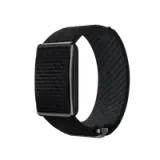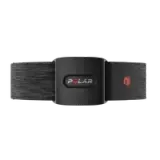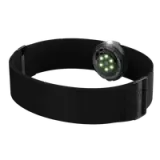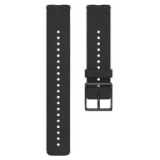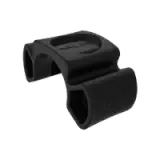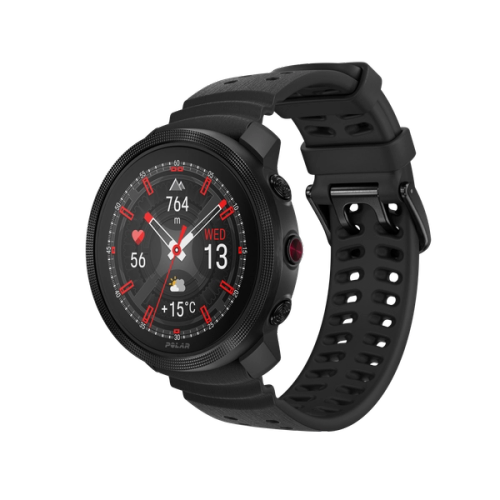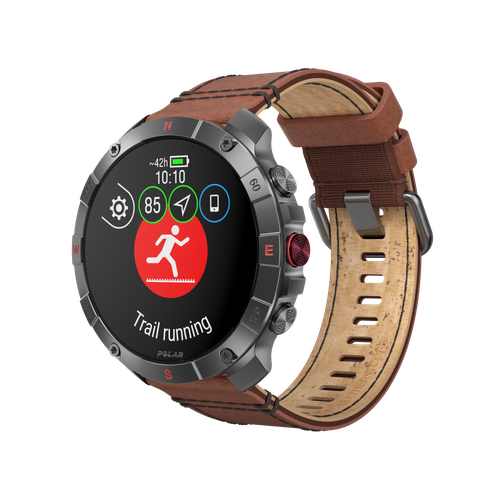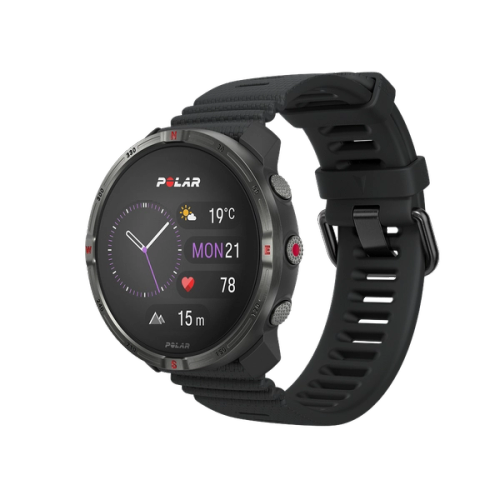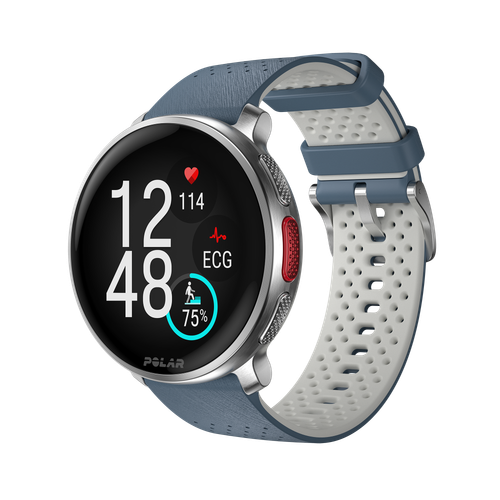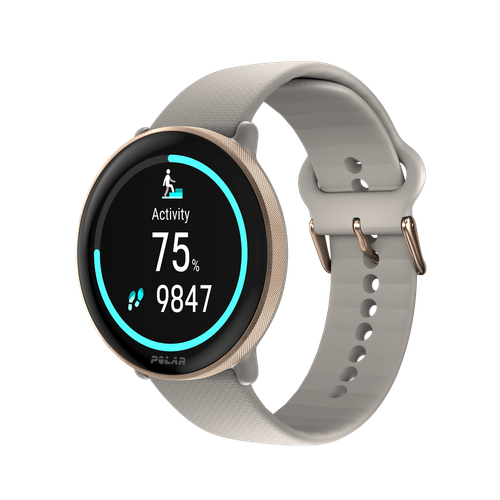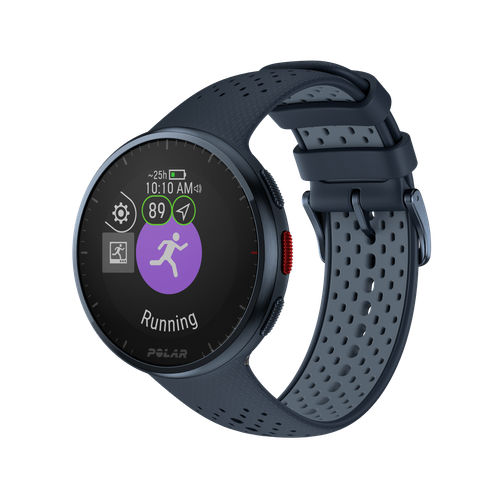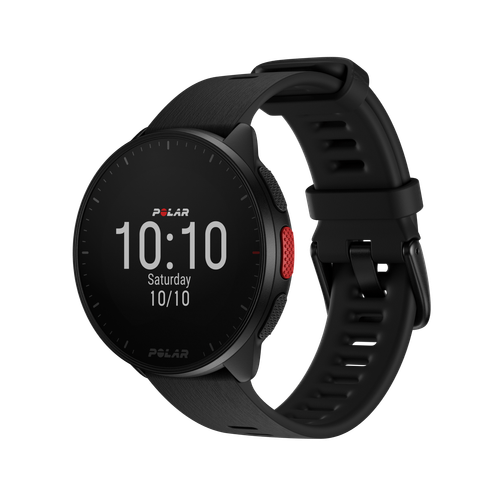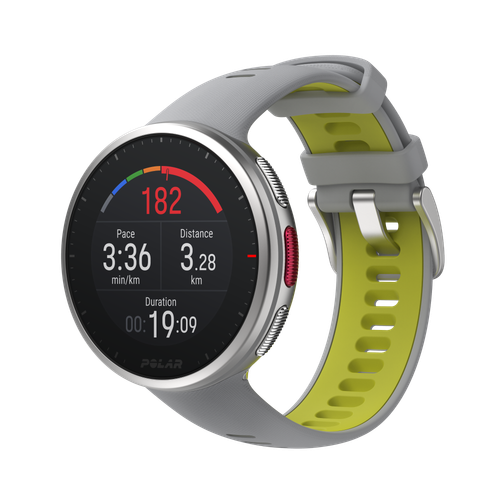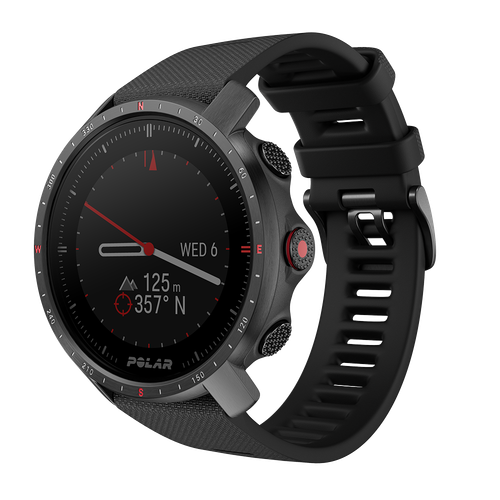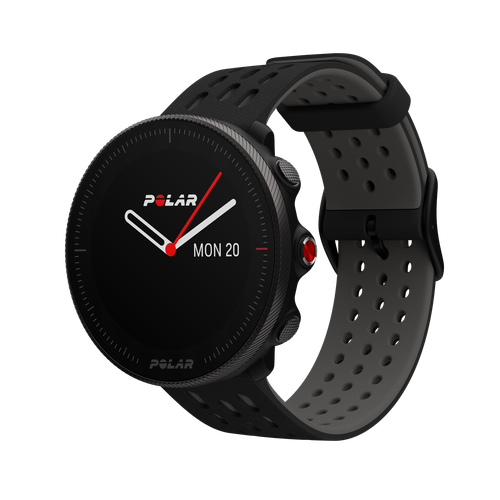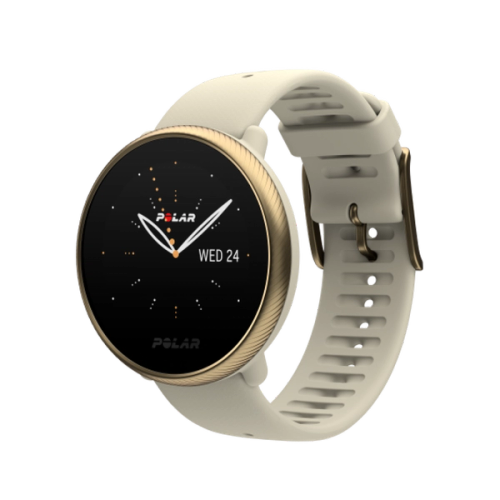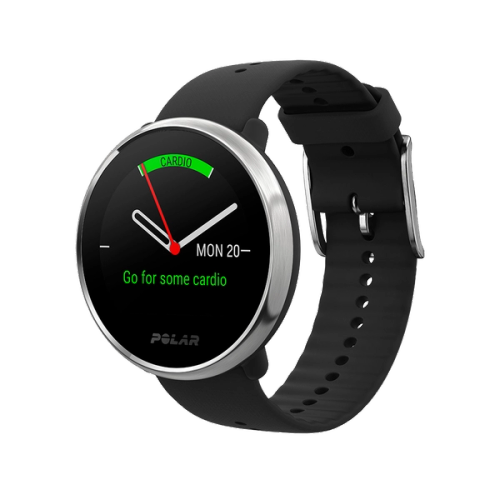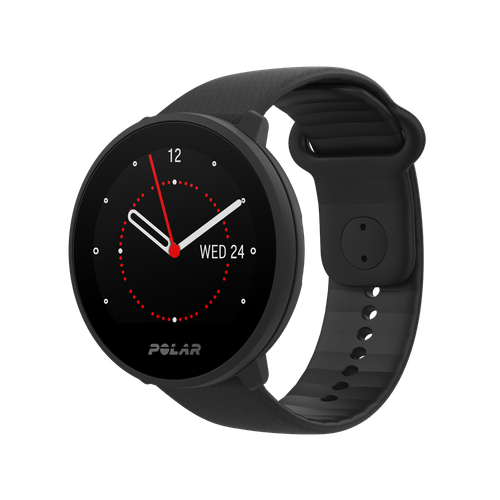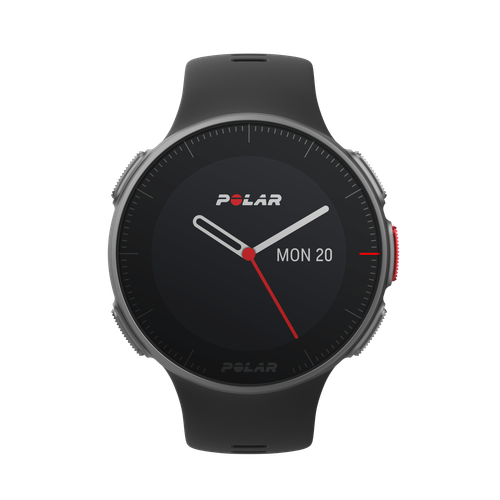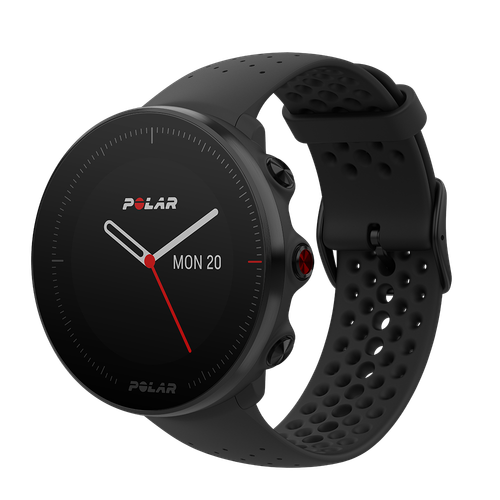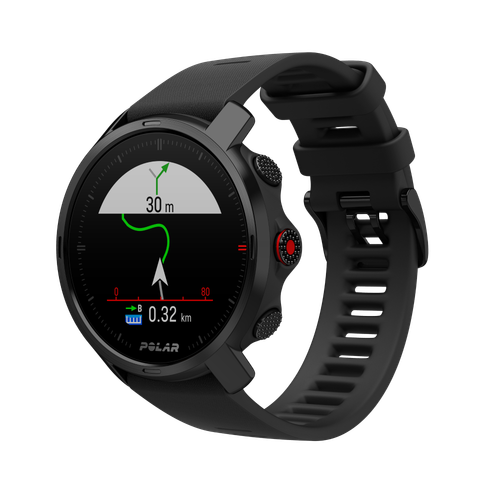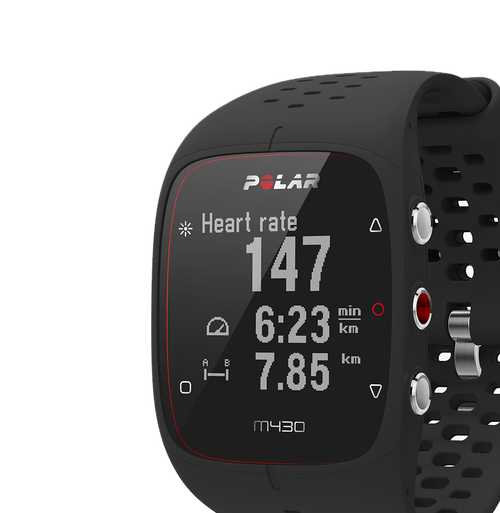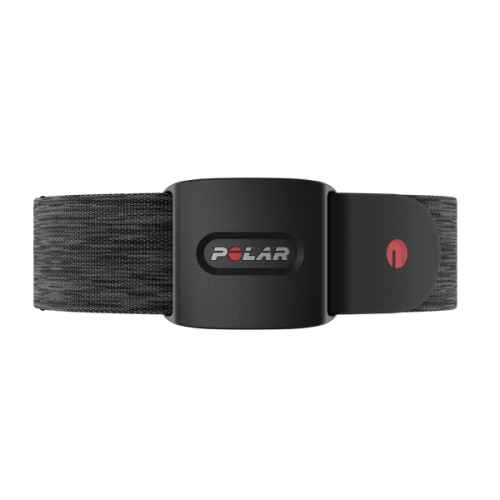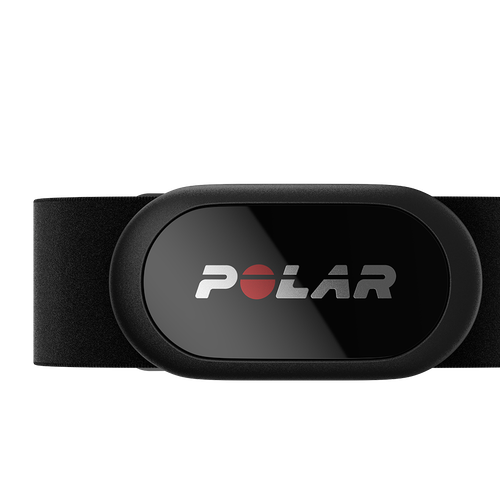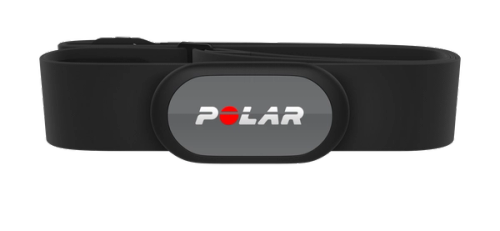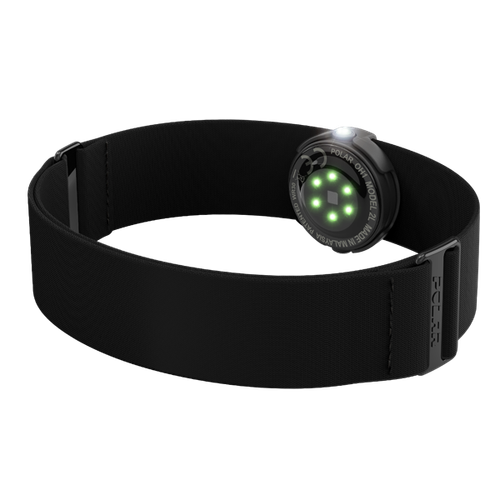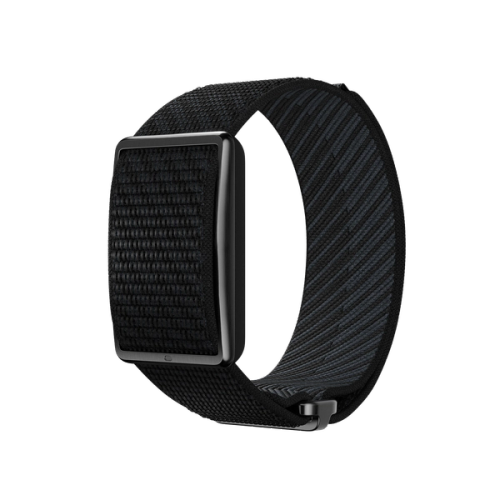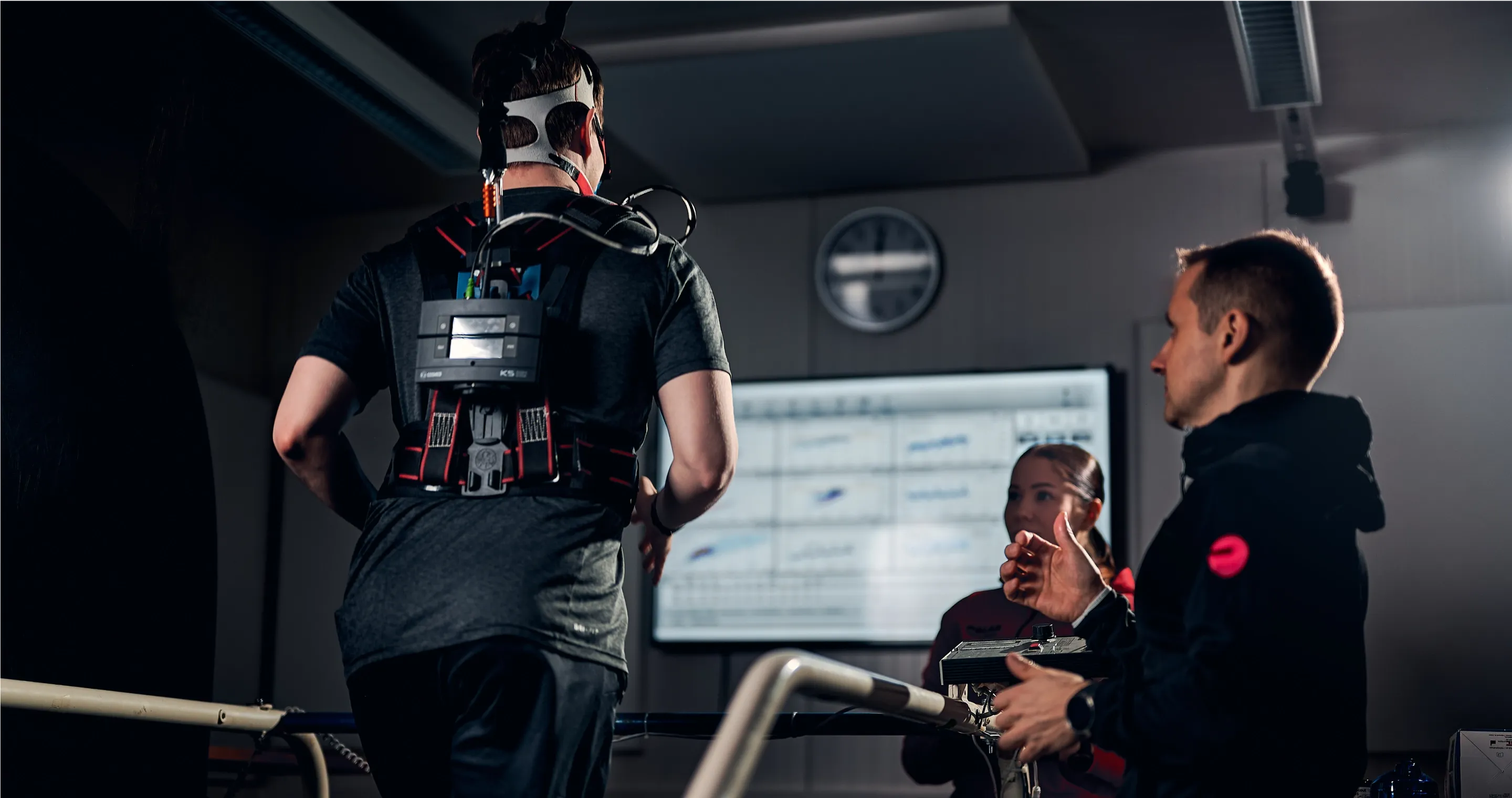Imagine for a moment you're a runner (OK, yes, as a Polar reader, it probably isn't hard to picture). You're pushing your limits. Your heart is pounding, your breath ragged. You're not just running but racing against your body's capabilities. There's a point, a threshold, where your body shifts gears, transitioning from a state of aerobic efficiency to anaerobic struggle. This pivotal moment, marked by the accumulation of lactic acid in the bloodstream, is called the lactate threshold.
This physiological marker, the intensity at which lactate production exceeds clearance, is a cornerstone of endurance performance. It's the bridge between sustainable effort and unsustainable exertion. Thus, by understanding and occasionally training at your lactate threshold, you can significantly improve both your speed and endurance.
This concept might be a bit tricky, but let’s dive in and geek out!
What is lactate threshold?
The lactate threshold, often called the anaerobic threshold, is a physiological concept that has intrigued sports scientists for decades. It represents the intensity of exercise at which lactate, a byproduct of glucose metabolism, begins to accumulate in the bloodstream faster than your body can clear it.
Historically, there has been much confusion surrounding the precise role of lactate in exercise. However, the groundbreaking research of Dr. George Brooks, a renowned metabolism expert, significantly clarified this concept. Dr. Brooks' work revealed that lactate is not a mere waste product, as once believed, but rather a vital energy source.
The science behind lactate threshold
When we exercise, our muscles utilize glucose as fuel. This process, known as glycolysis, can occur both with and without oxygen. During intense exercise, when oxygen supply is limited, glycolysis shifts towards a less efficient pathway that produces lactate as a byproduct.
While lactate accumulation can contribute to muscle fatigue, it's important to note that it's not the sole culprit. The accompanying release of hydrogen ions, which can disrupt muscle pH balance, plays a significant role in limiting performance. As this lactate builds up, it can impair muscle contraction and reduce power output.
In practice, the lactate threshold establishes an important limit for your running performance.
In practice, the lactate threshold establishes an important limit for your running performance. When you run (or cycle) at slower paces, your body easily clears this by-product and uses lactate as an energy source, allowing you to keep going. In contrast, when you run harder, closer to your maximal pace, lactate levels in your blood rise above baseline. At this point, you reach your lactate threshold and will struggle to maintain the same pace for much longer.
How long can you keep running above your lactate threshold?
Well, it depends on a few things—like your fitness level, how much you're pushing past that threshold, and how well your body handles the burn. Let’s break it down:
Elite Runners
For the pros, running above their lactate threshold is almost a superpower. These athletes can hold that pace for a solid 30–60 minutes because their bodies are like machines—efficient and finely tuned to handle the extra lactate.
Sub-Elite and Trained Runners
If you’re a solidly trained runner, you might hang on for 20–40 minutes. It’s that “hurts-so-good” zone where you feel like you’re working hard but still holding it together—for now.
Amateur Runners
For less experienced runners, it’s a different story. Above the threshold, the clock ticks faster, and you’re likely to max out after 10–20 minutes. It’s not that you can’t push, but your body’s just not as practiced at clearing out the lactate buildup.
What changes the game?
How long you last above threshold really depends on how much you overshoot it. If you’re only a little over, you might hold on for a decent chunk of time. But if you’re hammering way past it? That’ll be over pretty quick. The good news? Training at or near your threshold makes this zone more manageable over time.
It’s kind of like short races vs. long ones. In a 5K or 10K, you’re flirting with that threshold and maybe stepping over it for a big finish. But in a marathon? Nah, staying below the threshold is the name of the game—unless you want to hit the wall hard.
So, how long can you run above it? It’s all about where you’re at in your running journey and how you’ve trained.
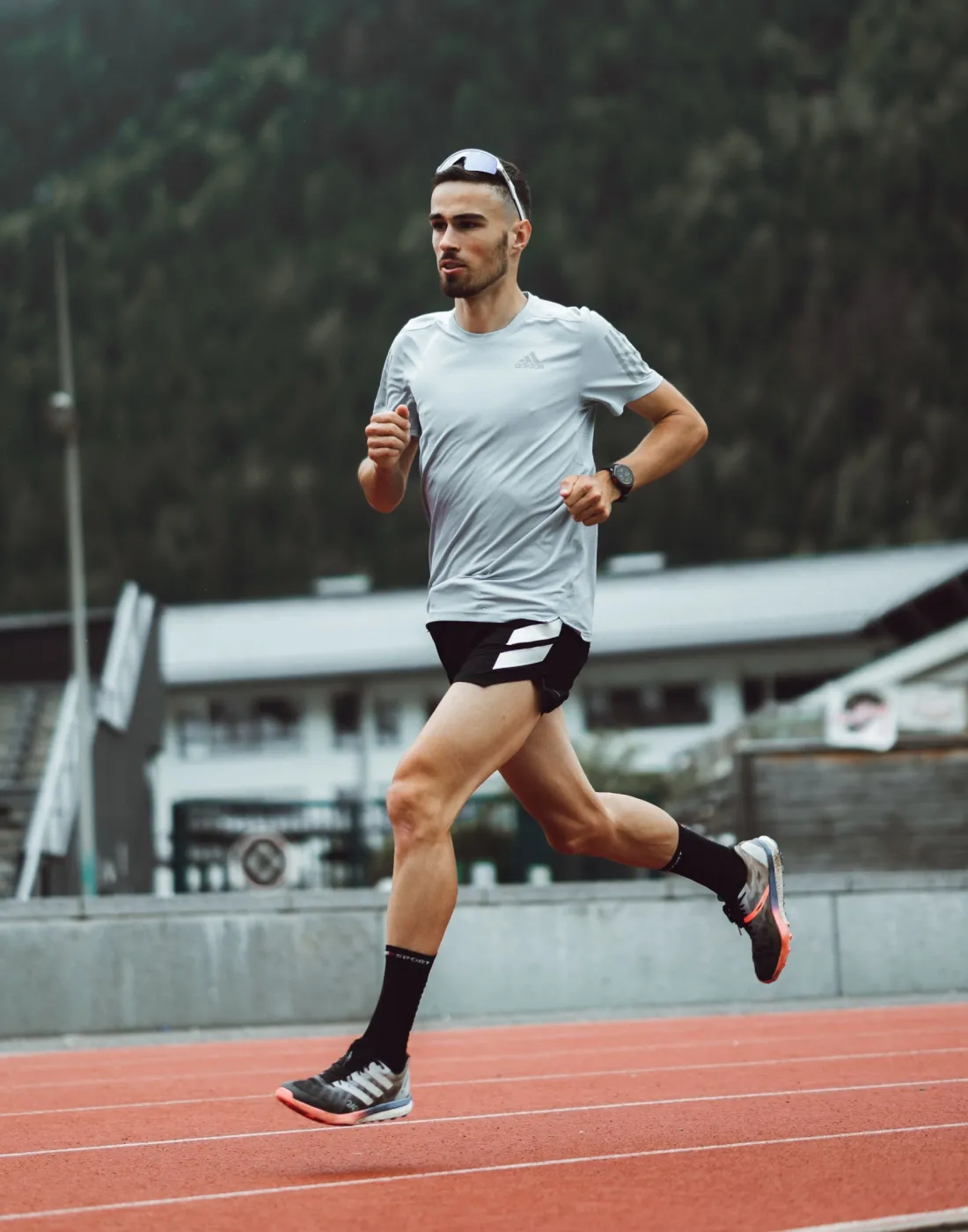
Why should you measure your lactate threshold?
Measuring your lactate threshold can provide valuable insights into your athletic potential and help you optimize your training regimen. By understanding your body's response to different exercise intensities, you can tailor your workouts to maximize performance and minimize fatigue.
As we saw above, for athletes, a higher lactate threshold is a significant advantage. It allows you to maintain a higher pace for more extended periods without experiencing excessive fatigue. For instance, elite male and female marathon runners often have lactate threshold speeds ranging from 18-21 km/h.
Not sure what your LT is? Tracking it over time will allow you to monitor your progress and adjust your goals as needed. For example, if your lactate threshold is low, you may need to focus on building a solid aerobic base before increasing intensity. Conversely, if your lactate threshold is already high, you can challenge yourself with more advanced training programs.
undefined
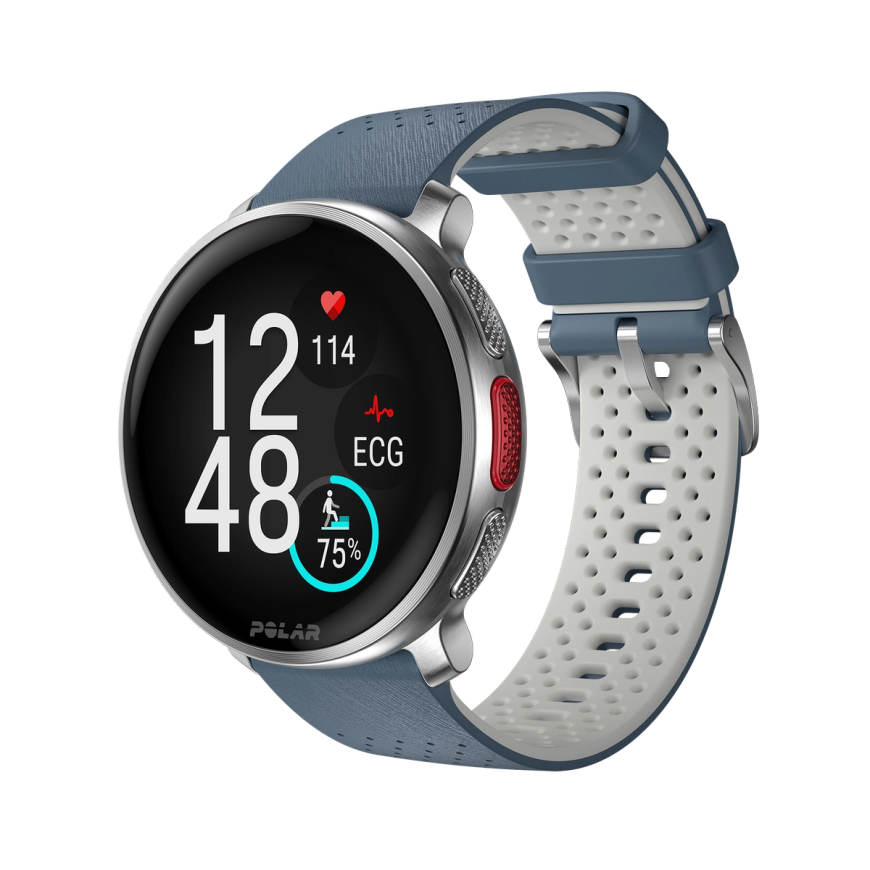
Polar Vantage V3
Premium-urheilukello
Monipuoliset biomittauslaitteet, AMOLED-näyttö, kaksitaajuus GPS, kartat ja markkinoiden kattavin treeni- ja palautumistyökalujen valikoima. Polar Vantage V3 ‑urheilukello on valmis maailmanluokan suorituksiin.
How is lactate threshold measured?
Lactate is typically measured in millimoles per liter (mmol/L), with the lactate threshold usually occurring around 2 mmol/L. As you increase your running intensity, your body struggles to clear and reuse lactate as quickly as it’s being produced. This tipping point is known as your lactate turnpoint, which often occurs at around 4 mmol/L of lactate
There are two primary methods for measuring lactate threshold:
- Laboratory Testing: This involves conducting a graded exercise test, typically on a treadmill or stationary bike. Blood samples are taken at regular intervals to measure lactate levels. The intensity at which lactate begins to accumulate rapidly is considered your lactate threshold.
- Calculating from VO2 Max: While not as precise as laboratory testing, calculating lactate threshold as a percentage of VO2 max is a common approach. This method estimates your lactate threshold based on your maximum oxygen uptake, which can be measured by doing a running performance test. It’s a straight-forward assessment where you run for at least six minutes and reach at least 85 % of your maximum heart rate. From that, your LT can be estimated. While the average person's lactate threshold is around 60% of their VO2 max, recreational athletes can have anywhere between 65–80% and elite endurance athletes can even achieve 85–95%. These numbers show that with the proper training, you can improve your threshold and, thus, your performance.
Lactate testing has become central to elite endurance training, particularly in the Norwegian method. In essence, this approach emphasizes banking years of high volume at low intensity, and the celebrated double-threshold workouts that are dictated by blood lactate testing.
The Norwegian method
Lactate testing has become central to elite endurance training, particularly in the Norwegian method. In essence, this approach emphasizes banking years of high volume at low intensity, and the celebrated double-threshold workouts that are dictated by blood lactate testing. By measuring blood lactate levels during exercise, athletes can accurately determine their training zones and track adaptations, ensuring they consistently train at the optimal intensity, allowing enough recovery.
The Norwegian approach uses lactate levels to:
- Define exact intensity boundaries for easy training (staying below 2 mmol/L)
- Target specific adaptations in interval sessions
- Track fitness improvements over time
- Prevent overtraining
This data-driven method has produced remarkable results, with athletes like Blummenfelt and Ingebrigtsen demonstrating its effectiveness in both triathlon and track events. Their success has sparked widespread adoption of lactate testing among elite endurance athletes worldwide.
For non-elite athletes, the Norwegian method may be overly complex and offer limited benefits. To begin with, measuring lactate during exercise is far more complicated than tracking something like heart rate. Most non-elite runners can achieve sufficient adaptations with a lower training volume and just one intense session at threshold level.
Occasional lactate testing, however, provides valuable data to optimize training intensity. Oftentimes, many amateur runners train too hard, risking burnout and injury. Measuring lactate during workouts helps identify the most adequate pace for a given workout, enabling runners to adjust effort appropriately and sustain higher training volumes safely. This objective feedback often reveals that perceived easy pace is actually too fast, allowing runners to make necessary adjustments to their training. For example, it can reveal that perceived "easy" runs actually exceed the 2 mmol/L threshold, indicating runners are pushing too hard.
Enjoying this article? Subscribe to Polar Journal and get notified when a new Polar Journal issue is out.
Subscribe
How to increase lactate threshold
Your lactate threshold is essentially the point at which your body transitions from primarily aerobic to anaerobic metabolism. So, by increasing your lactate threshold, you can sustain higher intensities for longer periods, leading to improved performance in endurance events. Let's look at some ways you can achieve this.
Training strategies to boost your lactate threshold
- Interval Training:
- High-Intensity Interval Training (HIIT): Short, intense bursts of exercise followed by brief recovery periods. This type of training can significantly improve your lactate threshold by stimulating the body's anaerobic energy systems.
- Lactate Threshold Intervals: Longer, sustained intervals at an intensity just above your lactate threshold. These workouts help you adapt to higher levels of lactate accumulation and improve your body's ability to clear it efficiently.
- Continuous Training:
- Steady-State Training: Maintaining a consistent pace at or slightly above your lactate threshold for extended periods. This type of training builds endurance and improves your body's ability to utilize oxygen efficiently.
- Long Slow Distance (LSD) Runs:
- While LSD runs are beneficial for building endurance, many amateur runners tend to push the pace too hard during these sessions. To truly maximize the benefits of LSD runs and improve your lactate threshold, it's crucial to maintain a comfortable, conversational pace. By measuring lactate levels during these runs, you can gain valuable insights into your effort level and make necessary adjustments. If your lactate levels are consistently elevated, it's a sign that you're pushing too hard and should slow down.
Every effective training plan should incorporate regular threshold-pace workouts, regardless of whether you're gearing up for a 5K or tackling a full marathon.
Check out our 12-week training plans tailored to various distances and experience levels.
Explore running plans
Time to run
By understanding and effectively training your lactate threshold, you can unlock significant performance gains in endurance sports. Remember, consistency is key. Incorporate a variety of training methods, including interval, steady-state, and fartlek training, to challenge your body and maximize your potential.
Don't forget the importance of proper recovery, nutrition, and hydration. You can optimize your training and achieve your fitness goals by prioritizing these factors.
 Polar Vantage M3
Polar Vantage M3
 Polar Grit X2 Pro Titan
Polar Grit X2 Pro Titan
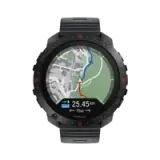 Polar Grit X2 Pro
Polar Grit X2 Pro
 Polar Grit X2
Uusi
Polar Grit X2
Uusi
 Polar Vantage V3
Polar Vantage V3
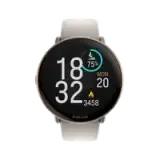 Polar Ignite 3
Polar Ignite 3
 Polar Ignite 3 Braided Yarn
Polar Ignite 3 Braided Yarn
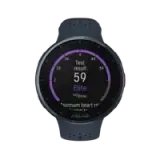 Polar Pacer Pro
Polar Pacer Pro
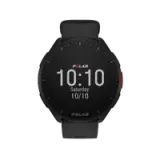 Polar Pacer
Polar Pacer
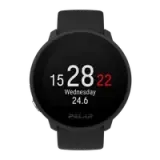 Polar Unite
Grit X ‑sarja
Vantage-sarja
Pacer-sarja
Ignite-sarja
Polar Unite
Grit X ‑sarja
Vantage-sarja
Pacer-sarja
Ignite-sarja
